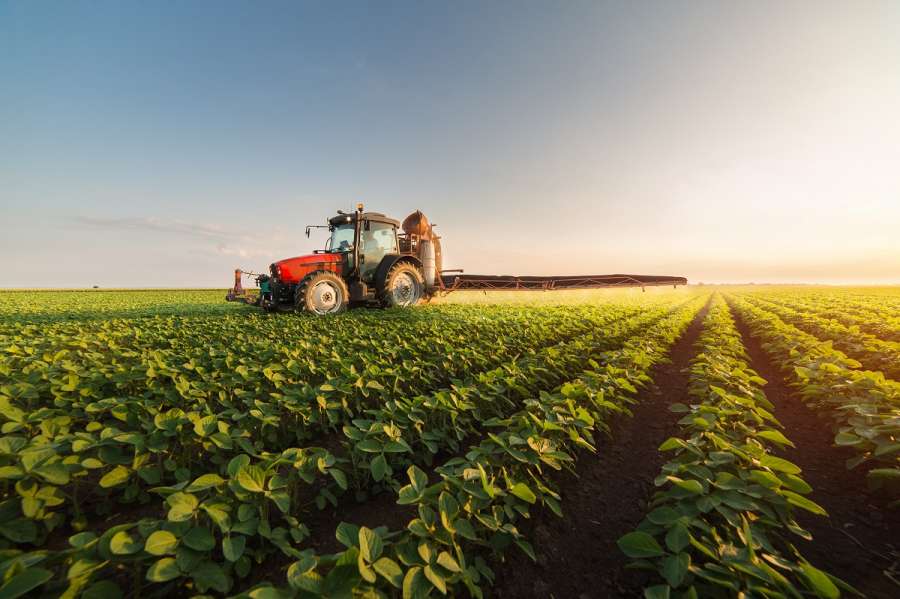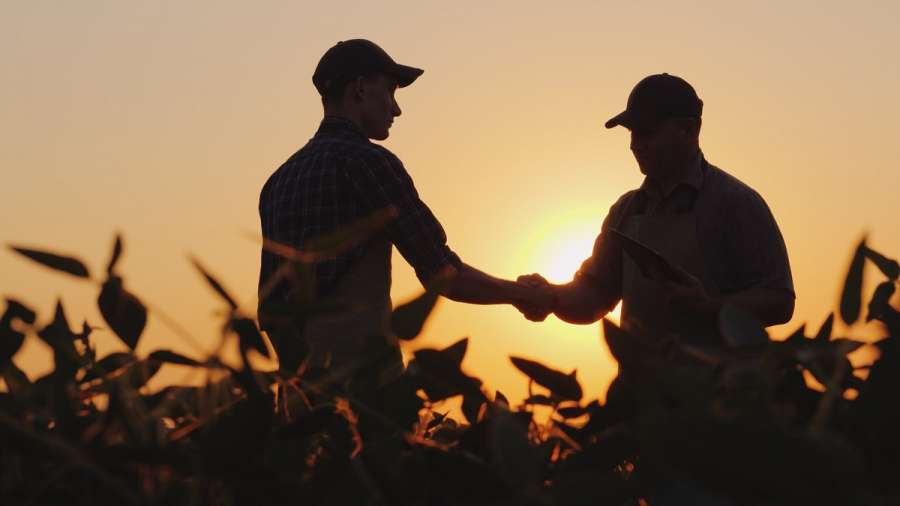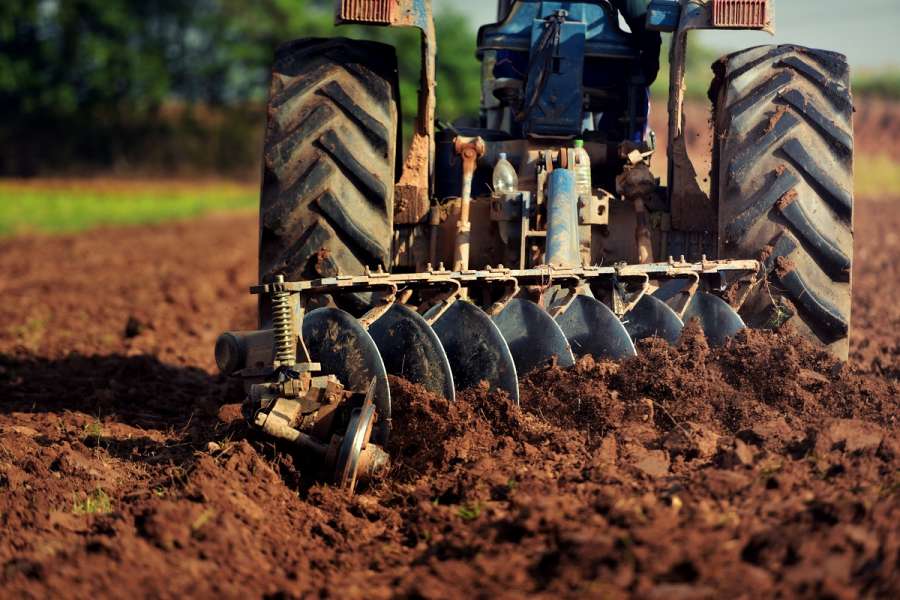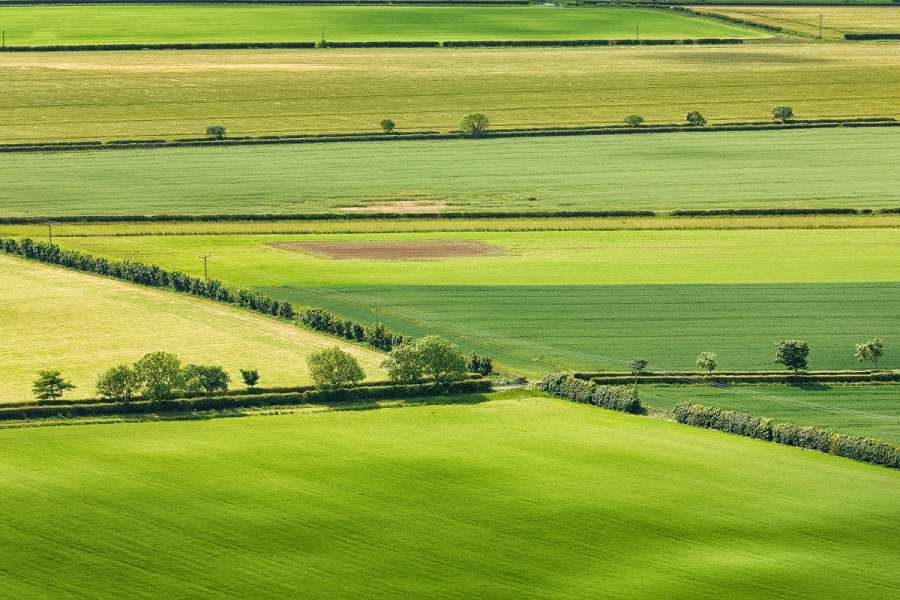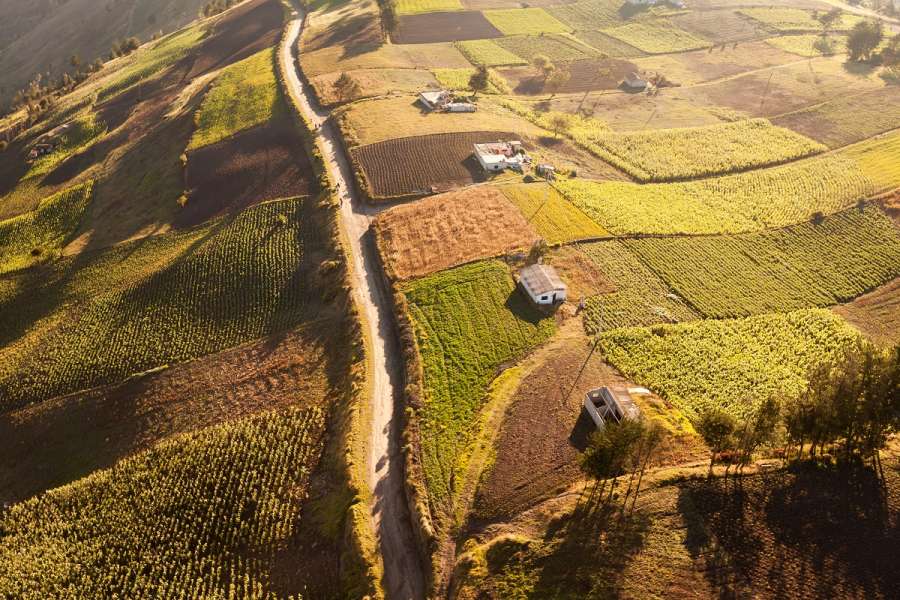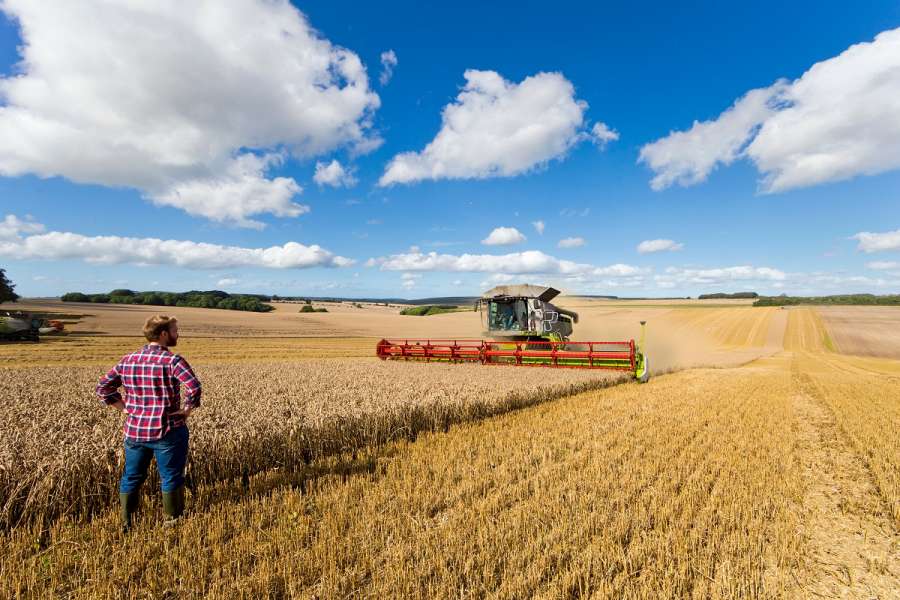Although general commentary suggests that residential property prices will fall over the coming months, the price of farmland, fuelled by high demand, looks set to remain resilient. Given the lack of supply, availability of attractive tax benefits, the push to achieve net zero objectives and significant changes in land management practice, we see that trend continuing.
Rural land/property sales of whole or part will usually involve considering some or all of the following:
- planning;
- agricultural user restrictions;
- reservation of rights for access/utilities;
- availability of water and other utility supplies; and
- protecting future development value.
Sellers wishing to benefit from higher land values will need to think ahead and consider the suggestions set out below. Thorough before the land goes to the wider market can ensure a smooth sales process for all parties.
